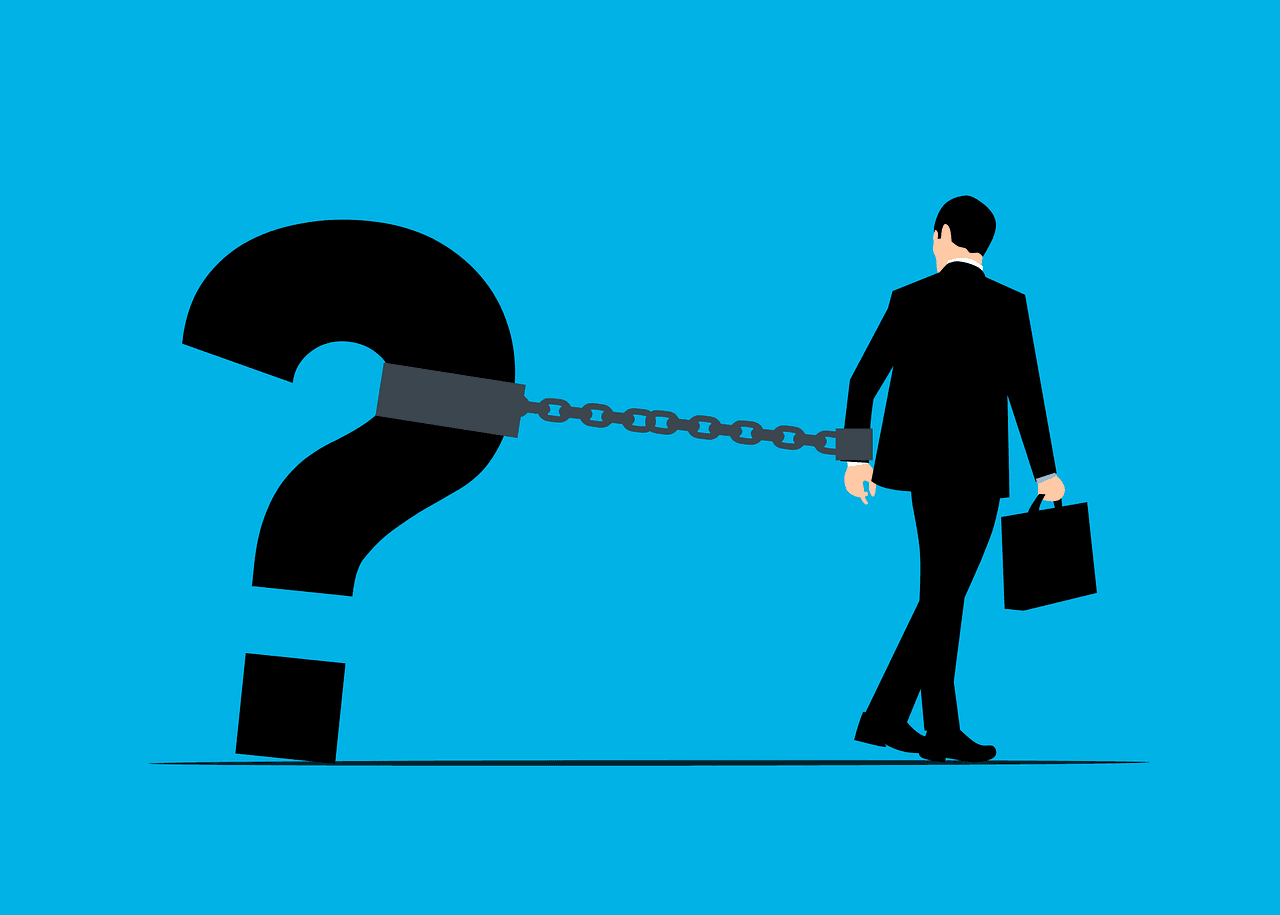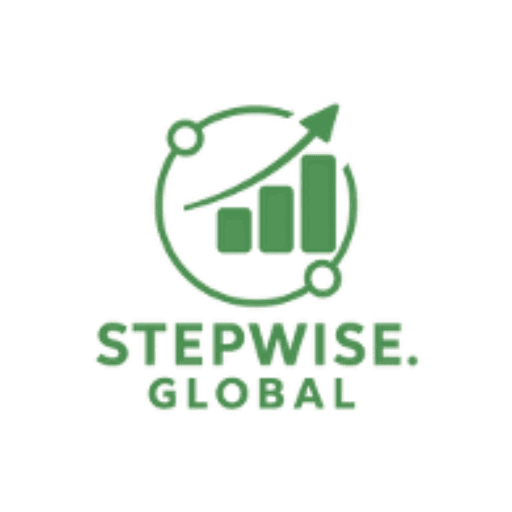Kalle reflects on the question “why is FSSD, the only Operative System for S.D we have, not automatically spreading faster”?
The question is probably familiar to most people who understand, educate and consult around FSSD with its Operating System ‘ABCD in the Funnel’. The Operative System is unique, there is only one such developed to be exactly that. By design, it offers modelling and simulation of possible as well as scalable scenarios for any business or topic at any scale. And it provides basic and intuitive-to-follow guidelines for how to plan and measure your way there. An overall strategic clarity is the result, and this is in despite of myriad things that otherwise serve as hurdles: goal conflicts, trade-offs, “competitive tools and frameworks” and political frameworks that are presented without any connection to sustainability or each other. Not to speak about all the misunderstandings about the economy and bottom lines. The operating system is the most common and seriously missed piece of the puzzle for sustainable development. Which, in turn, is the greatest challenge humanity has ever faced. It is when this insight hits home, and leads to “Aha’s”, that the question above usually comes – why is the Operative System not spreading even faster than it already does?
More in detail: My answers have often been based on an irrelevant defensive positioning. “The Operative System is the basis for doctoral programs, Master’s programs, Video programs and picture books for self-education, etc.” Or “We have a lot of partners among companies, municipalities, universities, regions, countries, etc”. Or “Independent evaluators such as the Blue Planet Prize, the Green Cross Award, the impact index of the respective scientific journals in the field, evaluation teams from the EU and Foundation, all of them consider the underlying research to be world-class, etc”. Again, this is not the way to go. That line of answer is irrelevant precisely because the Operating System has all the above merits.
So, the question remains, “why isn’t it more visible”? Why isn’t the Operative System main stream after all these years of development? The issue is no less troubling since it costs organizations fortunes to not access the Operative System, nowadays already in the short term as we move deeper and deeper into the Funnel of declining potential to sustain Civilization. While organizations moving stepwise towards its opening prove this to be more self-beneficial and competitive than ever. But still, there is still only automation in the spread of various App’s such as Climate Models, Planetary Boundaries, Circular Economy, Science based Targets, Doughnut… but not yet by the one cohesive operating system we have, at least not yet.
What about the following attempt of an answer in an ABCD-in-Funnel format?
A. In the future, at “A” of society, the Operative System has become mainstream for leaders at all levels to enter true sustainable pathways and get improved ROI from this. Thereby, it also allows for effective cooperation in innovative dialogues across sectoral, disciplinary, and national boundaries . So, in this context, what are the main challenges under today’s “B”? We have seen many necessary paradigm changes in history, for instance that the Sun does not revolve around the Earth. Would it be possible to learn anything from those?
B. In context of A, the current situation could be outlined as a number of challenges.
* Scientists serve as advisors in the heat of the established power structures of society to improve on bits and pieces of the old paradigm, but generally not to put the whole paradigm in question, by design.
* For scientists and experts to be invited into the corridors of power carries a danger that the message will be deradicalized, you can remain in the warmth only for as long as you confirm that the emperor may still be scantily dressed and not completely naked for the demanding task. System resistance has psychological mechanisms linked to it, the human species belongs to the social/herd animals so it can feel safer to wait for the system changes even though this usually involves much greater costs and other worries than if you start skilfully on time and gradually.
* It also is simply more difficult to change something fundamentally, even when offered robust tools and training in how to use them, than to keep changing one detail at a time and out of context. “Like all others do”, which means following the lanterns of other boats that are also off track. For organizations to wait until mainstream is forced to do the right things, is also called the “Prisoner’s Dilemma”: “what is the guarantee that others will follow if we take on the costs for S.D?”. Well first, it pays off to move towards the opening of the funnel regardless of what others are doing. And second, we are not Prisoners but can talk with each other and build momentum together, e.g. across stakeholder networks by use of modern IT.
* But, in the other ditch across the road, it really is riskier to forcefully embrace system changes if you have not taken the time to understand the need for, and the operating system for, clever and strategic change. All appeals for systemic changes are namely not sound and scientifically well-founded, e.g. appeals about a return to historical cultures where low consumption was prevalent, or to invest heavily in biofuels to replace fossil fuels – see previous reflections on this.
* All the above resistance means a flawed, but still perceived, Catch 22 for our operating system: (i) Dominant power structures accept that we have a growing concern. (ii) They allow changes only if those tackles bits and pieces but not the whole. (iii) Only changes to the whole can address the concern.
So, the realization of a need for general, fundamental paradigm changes in the history usually begins in the periphery. And usually at Prigogine’s “bifurcations,” where the threats of an outdated system thinking have become so great that the destruction of the system is a true option. And true evolution is the other. Or as for the Chinese character for crisis, which contains two signs, “threat” and “opportunity.” That is where we are now. And the only Operative System that exists for systematic change of the whole, Prigogine’s evolution or the Chinese opportunity, still only enjoys modest spread.
Conclusion: The competent promoters of systemic change are growing in numbers and influence across the globe, amongst business, regions and universities, even if this growth is still slow. See cases and best practices in FSSD literature on this. For example, BTH, TISU, Stepwise etc., where initiative-taking leaders are already stepping along the promising evolutionary arm at Prigogine’s bifurcation. And persistence wins in the end, the celestial bodies in the solar system did not revolve around our little world, and fossil fuelled vehicles were no better than electric ones. It was just the opposite. That is what FSSD Global is all about – to speed up what is already happening through a necessary and fundamental shift in mindset regarding organizational and regional re-design by use of digitalization and advanced AI.

